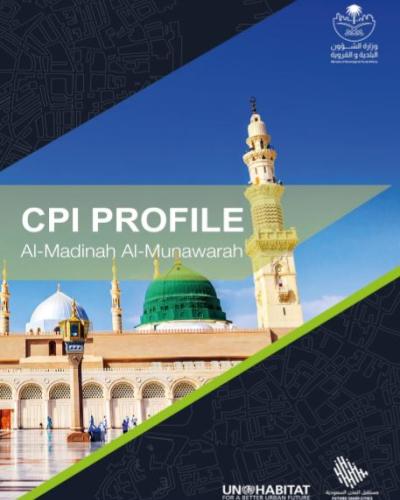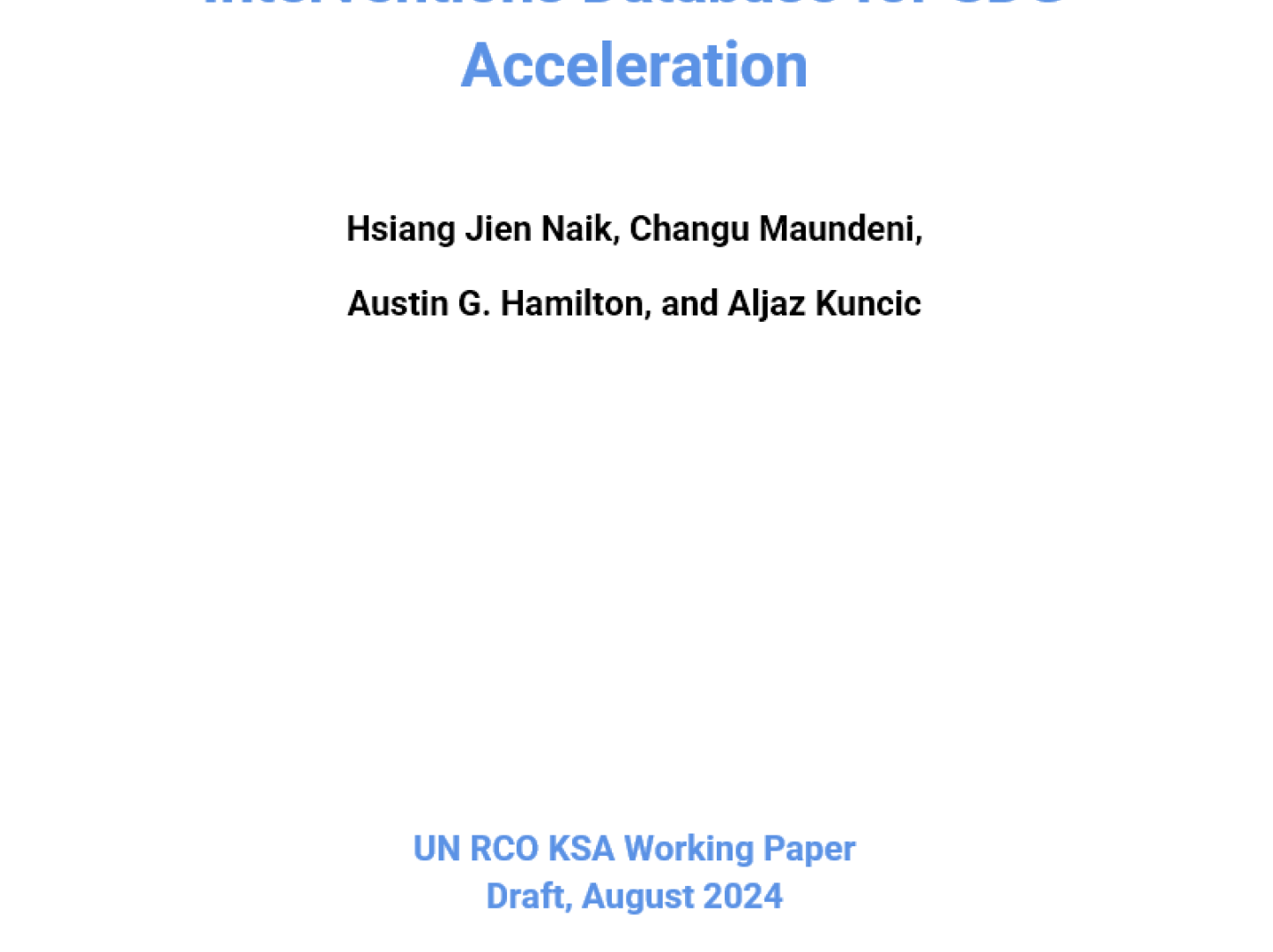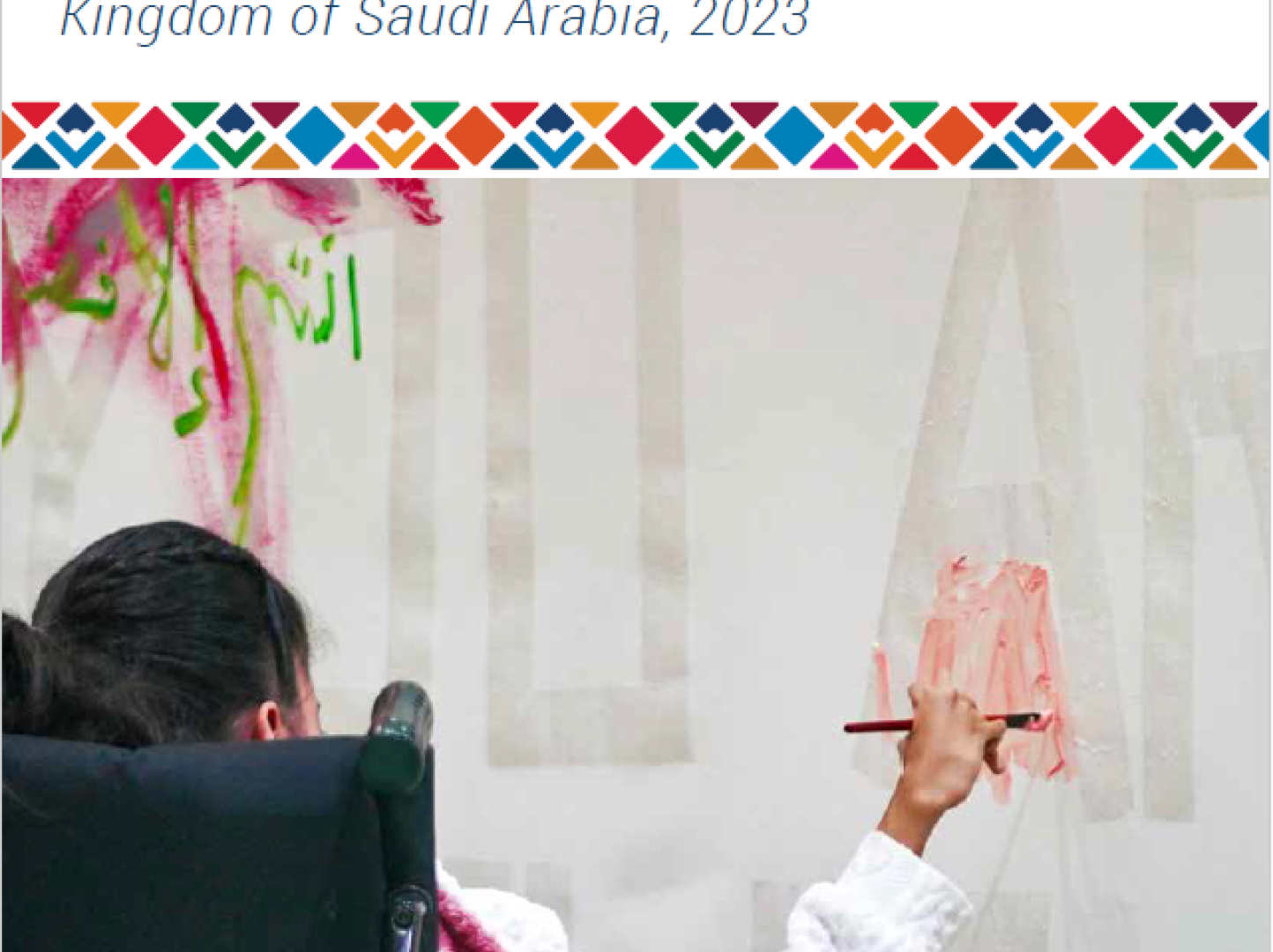City Prosperity Index: Al-Madinah Al-Munawarah

The United Nations Human Settlements Programme (UN-HABITAT) and Ministry of Municipal and Rural Affairs in the Kingdom of Saudi Arabia (MOMRA) jointly launched UN-HABITAT Saudi Arabia Programme titled “ Future Saudi Cities Programme (FSCP)”. The UN-HABITAT Office has been providing technical support to the MOMRA and targets 17 key cities in the Kingdom of Saudi Arabia. The cities include Riyadh, Makkah, Jeddah, Taif, Medina, Tabuk, Dammam, Kathef, Ihsa, Abha, Najran, Jazan, Hail, Araar, AlBaha, Buraydah, and Sakaka, to respond to national and local urban challenges.
UN-Habitat provides a new approach for measuring urban prosperity: which is holistic, integrated and essential for the promotion and monitoring of socio-economic development, inclusion and progressive realization of the urban-related human rights for all. This new approach redirects cities to function towards a path of an urban future that is economically, politically, socially and environmentally prosperous. The new approach or monitoring framework, The Cities Prosperity Index (CPI), is a multidimensional framework that integrates six carefully selected dimensions and several indicators that relate to factors and conditions necessary for a city to thrive and prosper. The six dimensions include productivity, infrastructure development, equity and social inclusion, environmental sustainability, and urban governance. The CPI uses the concept of The Wheel of Urban Prosperity and the Scale of Urban Prosperity to enable stakeholders to assess achievements in cities. The City Prosperity Index (CPI) not only provide indices and measurements relevant to cities, but it is also an assessment tool that enables city authorities as well as local and national stakeholders, to identify opportunities and potential areas of intervention for their cities to become more prosperous.



